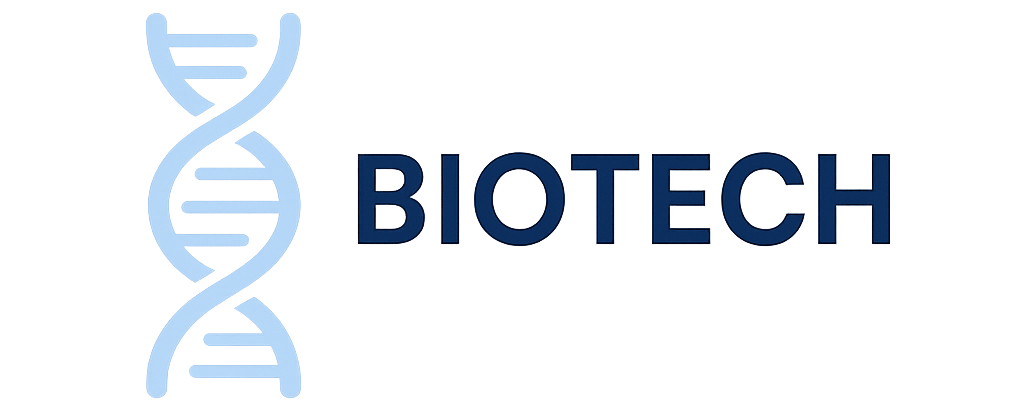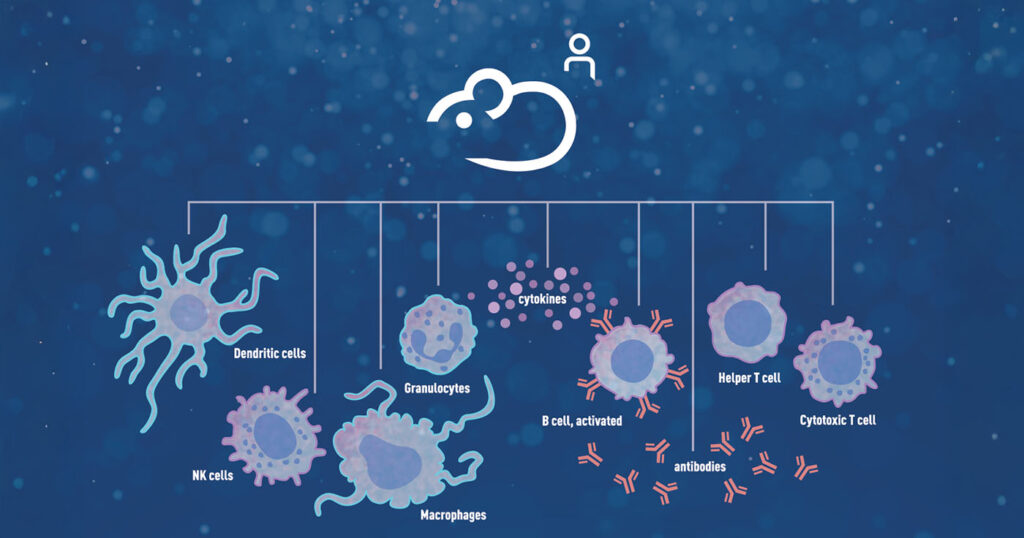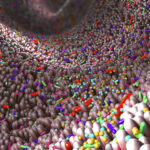
Humanized Mice and the Immune System Components produced and provided by The Jackson Laboratory.
Sponsored content brought to you by
A fundamental challenge in preclinical research is accurately predicting human responses using conventional animal models. Traditional approaches often fail to adequately model human disease, creating significant translational obstacles between laboratory findings and clinical outcomes.
The Jackson Laboratory’s (JAX*) humanized mice offer a sophisticated solution by faithfully recapitulating human physiology and pathology. These advanced models enable more reliable, accurate, and predictive research across applications in immuno-oncology, infectious disease, and autoimmunity.
Redefining Translation Research with JAX Humanized Mice
JAX humanized mice represent a paradigm shift in preclinical research. Through sophisticated humanization processes, human genes, cells, or tissues are strategically incorporated into mouse physiology, creating models that generate in vivo responses more similar and translatable to human biology than conventional models. These advanced approaches provide researchers with unprecedented predictive power across diverse research applications, including immuno-oncology, stem cell biology, and therapeutic efficacy and toxicity testing.
JAX offers a comprehensive portfolio of humanized models, each designed to address specific research challenges:
Immune Humanization
JAX specializes in immune humanized mice, engineered to contain human immune cells, including both naïve hematopoietic stem cells (HSCs) and mature peripheral blood mononuclear cells (PBMCs). These powerful in vivo tools provide exceptional platforms for evaluating compounds in immunology, immuno-oncology, infectious disease, and hematopoiesis research.
JAX’s NOD scid gamma (NSG*) mouse demonstrates superior engraftment of HSCs compared to all other available strains. These stem cells develop into functional human immune cells within the mouse, creating a model that closely recapitulates key aspects of human immunity. JAX’s advanced humanized NSG portfolio features strategic modifications to host genes and tissues, delivering representation of specific human cell functions in vivo. This platform supports long-term studies investigating complex human immune cell interactions and enables reliable testing of therapeutics with high human specificity.
In PBMC-humanized mice, human immune cells are engrafted into mice lacking a functional murine immune system. Since these engrafted PBMCs matured within a human immune system, they recognize the mouse host as foreign and mount a graft-versus-host disease (GvHD) response to mouse tissues. These models use mature human immune cells from characterized donors known to develop cytokine release syndrome (CRS) when exposed to CRS-inducing therapeutics, making them valuable for both studying GvHD and evaluating the likelihood of compounds triggering CRS in humans.
Human Tumor-Bearing and Onco-Hu® Humanized
JAX offers sophisticated humanized models specifically designed for oncology research. Our human tumor-bearing platform features NSG or NRG mice engrafted with human cancer cell lines (CDXs) or human solid/liquid tumors. With a database of over 400 well-characterized solid patient-derived xenografts (PDXs) and 10 acute myeloid leukemia PDXs available for engraftment, these models provide a cost-effective platform for proof-of-concept and target validation studies.
Additionally, our advanced Onco-Hu® models are co-engrafted with both human immune cells and PDX or CDX tumors. This co-engraftment better recapitulates the clinical tumor microenvironment, enabling more efficient investigation of immunomodulatory drug candidates’ therapeutic potential.
Atlas™ Mice from AbTherx
In partnership with AbTherx, JAX has developed the Atlas™ mouse—a genetically humanized mouse model that produces chimeric mouse-human antibodies when immunized. These antibodies combine mouse constant regions with human variable regions while preserving the full complement of human diversity. Atlas mice are engineered to generate antibodies with the desired diversity, developability, and affinity required to accelerate the discovery of mono-, bi-, and multi-specific antibodies to help bring life-
saving therapeutics into the clinic more quickly.
Through their faithful recapitulation of human physiology and pathology, humanized mice help researchers accelerate their studies and advance drug discovery.
*JAX and NSG are registered trademarks in the USA and other countries.
 To learn more about JAX’s comprehensive suite of humanized models and explore how these models can fit into your research plans, scan the QR code and connect with our scientific team today.
To learn more about JAX’s comprehensive suite of humanized models and explore how these models can fit into your research plans, scan the QR code and connect with our scientific team today.




